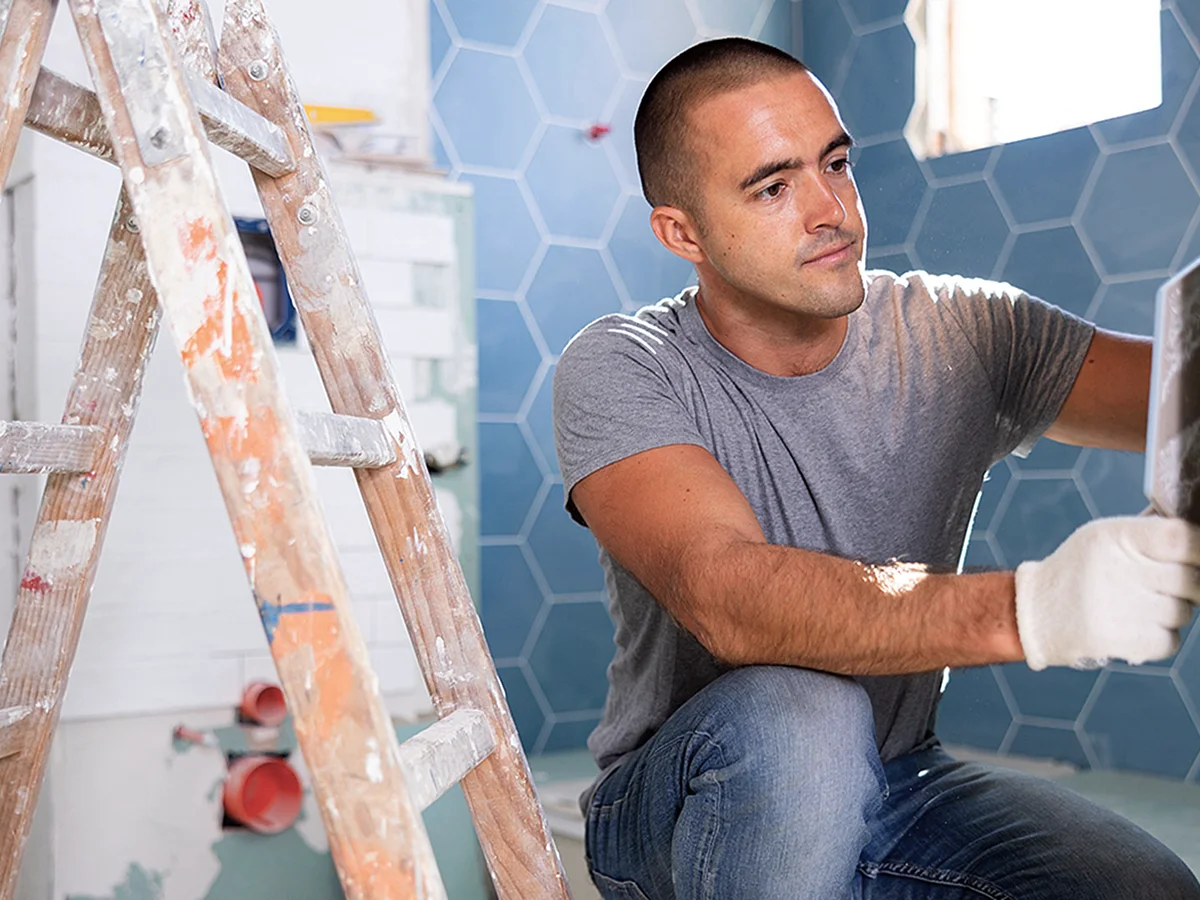
Top 5 Reasons Why Remodeling Projects Go Wrong in Northern Virginia
The top 5 reasons why remodeling projects go wrong in Northern Virginia, include inadequate budget planning, poor contractor selection, unrealistic timeline expectations, insufficient project planning, and lack of proper permits. Studies show that 80% of homeowners exceed their renovation budgets by at least $500, while 85% of construction projects nationwide experience cost overruns averaging 28%.
Vienna homeowners face unique challenges, including strict local building codes, historic district requirements, and competitive contractor markets. Understanding these common failure points helps prevent costly mistakes and ensures successful project completion.
Reasons Why Remodeling Projects Fail in Northern Virginia
1. Inadequate Budget Planning and Cost Overruns
Budget miscalculations represent the leading cause of project failures in Vienna remodeling projects. Research indicates that 80% of homeowners exceed their initial renovation budgets, with average overruns reaching 28% of original estimates.
Vienna projects face additional cost pressures due to premium material requirements and higher labor rates in Northern Virginia. Professional contractors understand local pricing structures and help establish realistic budgets from the project start.
Common budget mistakes include:
- Failing to include 20% contingency funds for unexpected issues
- Underestimating permit and inspection costs
- Not accounting for material price fluctuations during construction
- Excluding temporary living expenses during major renovations
Many Vienna homeowners base budgets on national averages rather than local market conditions. This oversight leads to significant shortfalls when actual contractor bids exceed expectations by 30% or more.
Cost escalation often occurs when structural problems emerge during demolition. Vienna homes built before 1980 frequently require electrical, plumbing, or foundation updates that add $15,000 to $25,000 to project costs.
Successful kitchen remodeling requires careful financial planning that accounts for Vienna-specific factors like HOA approval processes and historic preservation requirements.
2. Poor Contractor Selection and Hiring Mistakes
Choosing unqualified contractors causes 35% of remodeling project failures in Northern Virginia. Vienna homeowners often select contractors based solely on the lowest bids without verifying credentials, experience, or local reputation.
Contractor problems include inadequate licensing, insufficient insurance coverage, poor communication skills, and limited local experience. Virginia requires Class A, B, or C contractor licenses depending on project scope and value.
Warning signs of problematic contractors include:
- Demanding large upfront payments exceeding 30% of project cost
- Lacking proper Virginia contractor licenses or insurance certificates
- Providing vague contracts without specific material or timeline details
- Having no verifiable local references from recent Vienna projects
Many failed projects result from hiring contractors unfamiliar with Vienna building codes and permit requirements. Local regulations vary significantly from surrounding jurisdictions, requiring specialized knowledge.
Quality top remodelers demonstrate transparency in pricing, maintain current licenses, and provide detailed contracts protecting both parties throughout construction.
Communication breakdowns between homeowners and contractors lead to 33% of project failures according to Project Management Institute studies. Clear expectations and regular progress updates prevent misunderstandings.
3. Unrealistic Timeline Expectations and Scheduling Issues
Vienna remodeling projects frequently exceed planned timelines by 40% to 60% due to permit delays, material shortages, and inspection scheduling conflicts. Homeowners often underestimate the complexity of local approval processes.
Timeline problems stem from unrealistic expectations about Vienna-specific requirements, including HOA approvals, historic district reviews, and utility coordination for older neighborhoods.
Common scheduling mistakes include:
- Not allowing adequate time for permit approval processes
- Underestimating material delivery times during peak construction seasons
- Failing to coordinate multiple trades and subcontractors effectively
- Not accounting for weather delays during exterior work phases
Vienna projects require coordination with Fairfax County inspectors whose schedules fill up months in advance. Proper bathroom remodeling planning includes realistic inspection timelines.
Material shortages continue affecting Northern Virginia projects, with specialized items requiring 8 to 12 weeks for delivery. Supply chain disruptions particularly impact custom cabinetry and specialty fixtures.
Professional project management prevents timeline failures through detailed scheduling and proactive communication with all stakeholders throughout construction phases.
4. Insufficient Project Planning and Scope Creep
Inadequate planning causes 42% of Vienna remodeling failures when homeowners begin construction without detailed specifications or clear project boundaries. Scope creep occurs when additional work gets added during construction phases.
Vienna homeowners frequently discover structural issues requiring immediate attention, leading to project expansions beyond original plans. Historic homes often reveal hidden problems during demolition phases.
Planning deficiencies include:
- Lack of detailed architectural drawings for complex renovations
- Insufficient consideration of existing home systems and infrastructure
- Poor coordination between design elements and functional requirements
- Inadequate research into Vienna building code compliance
Many failed projects result from attempting full home remodeling without professional design assistance. Complex renovations require architectural expertise to prevent costly mistakes.
Design changes during construction increase costs by 15% to 25% on average. Homeowners should redesign bathrooms completely before beginning demolition to avoid mid-project modifications.
Successful projects establish fixed scope boundaries with clear change order procedures protecting both homeowners and contractors from unexpected expansions.
5. Permit and Code Compliance Failures
Vienna building code violations cause 25% of project delays and result in expensive corrections during construction. Many DIY homeowners attempt work without proper permits, creating legal and safety issues.
Permit problems include incomplete applications, missing documentation, and failure to schedule required inspections at appropriate construction phases. Vienna requires permits for most remodeling work exceeding $1,000 in value.
Code compliance issues include:
- Electrical work not meeting current safety standards
- Plumbing modifications violating local regulations
- Structural changes requiring engineering approval
- HVAC installations needing proper ventilation and efficiency ratings
Historic district properties face additional review requirements that extend approval timelines by 30 to 60 days. Custom home additions require architectural review board approval.
Inspection failures occur when work doesn't meet Vienna standards, requiring expensive corrections before project completion. Understanding small bathroom renovation requirements prevents common violations.
The Bottomline
Avoiding the five common failure points ensures successful Vienna remodeling projects that meet quality standards, timeline expectations, and budget constraints.
Ready to start your Vienna remodeling project correctly? Call us at (703) 388-9088 for expert renovation services throughout Northern Virginia.